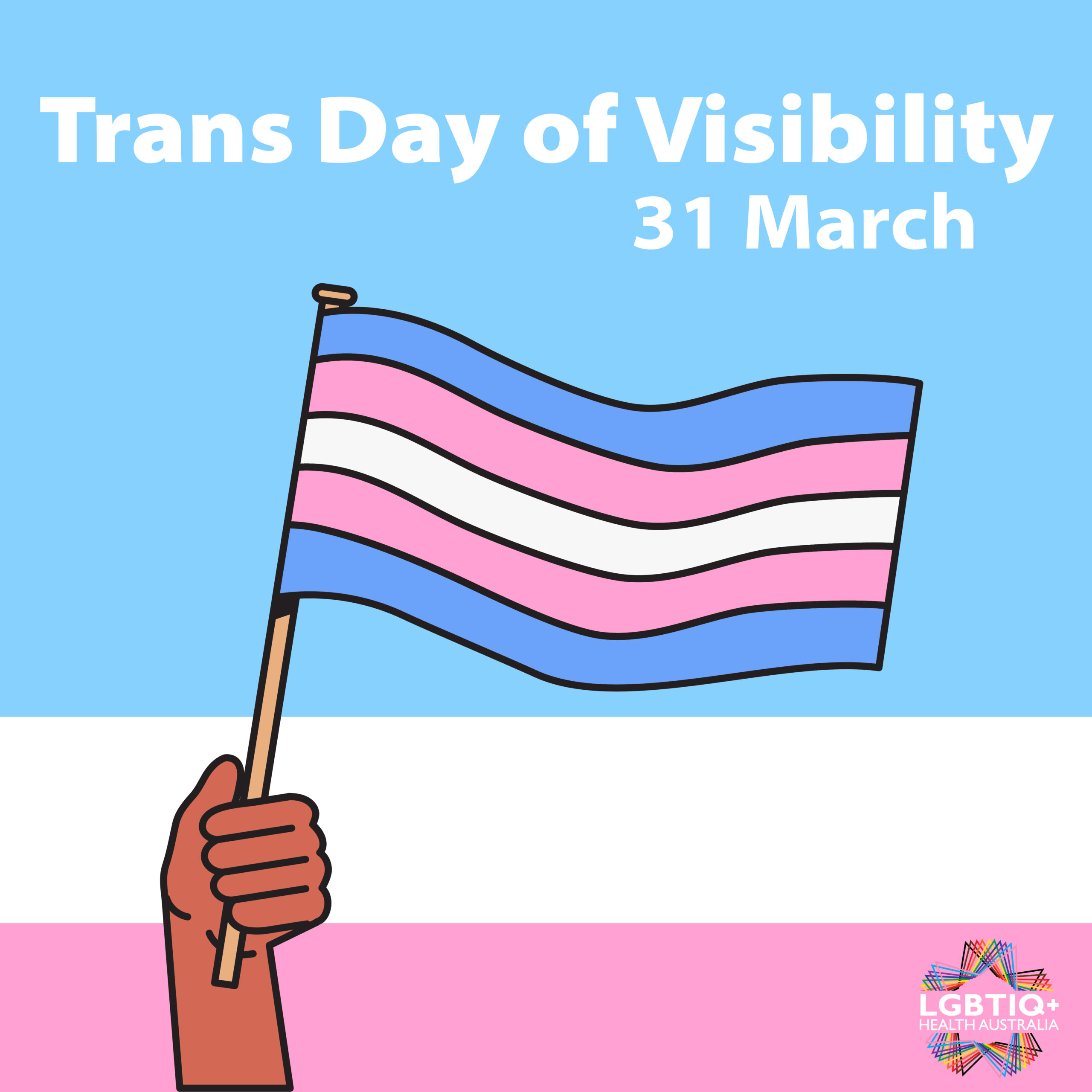On 2 June 1975, approximately 100 sex workers occupied Saint-Nizier Church in Lyon, France, to express their anger about their criminalised and exploitative living conditions. They hung a banner from the steeple which read ‘Our children do not want their mothers to go to jail’, and launched a media campaign to broadcast their grievances to the world. Their action made national and international news headlines, started a strike that involved sex workers from all over France, and created a legacy of activism that is celebrated each year by sex worker groups all over the world.
The sex workers occupying Saint-Nizier Church demanded, among other things, an end to police harassment, the re-opening of the hotels where they worked, and a proper investigation into a series of sex worker murders. Sex workers in other French towns heard of the occupation in Lyon and, in solidarity, took sanctuary in churches in Marseille, Grenoble, Montpellier and Paris. Across the country, French sex workers joined the action by taking part in an eight-day long strike.
Despite the national impact of the protest, the police refused to engage with the protestors’ grievances and threatened increasingly harsh punishments. Eventually, the police cleared the church after eight days and, though the occupation and strike did not result in law reform, sex worker activists credit it as the spark that ignited the contemporary sex workers’ rights movement in Europe and the UK.






